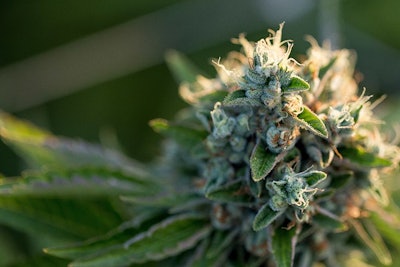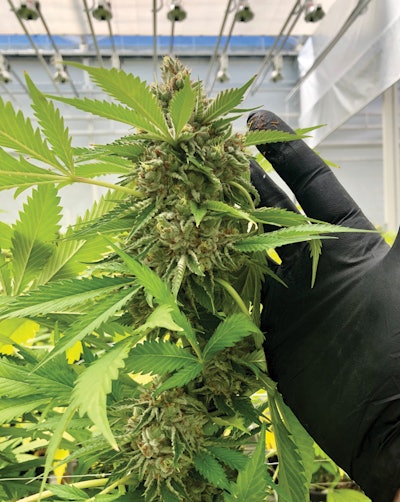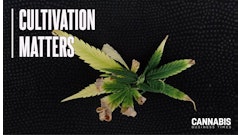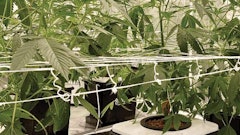

From the food we consume to the natural health products we use, there is a fervor surrounding organic products, and cannabis is no exception. To truly tap into the commercial benefit of an organic production system, producers in North America must pursue an organic certification. There is a well-established regime in place for organic cannabis certification in Canada, but the rest of North America still faces barriers to certification. Although the U.S. Department of Agriculture does not yet offer an organic certification, it’s never too early to start thinking about an organic production system. Here are five tips for pursuing an organic certification, whether through government or a private certification body.
1. Know your standard. There is no unified global standard for organic certification, so it is important to know which standard you are striving for. Start by finding a certifying body that matches your geographic location (if possible), production process and operational needs. Our company, Rubicon Organics, received certification from the Fraser Valley Organic Producers Association (FVOPA), which services British Columbia and audits for compliance to the Canadian Organic Standards. Ask your local or other certifying body for the initial application package, which will typically require the submission of your Organic System Plan (the “OSP”), including your planned inputs, processes and products.
2. Walk the talk. The first step in proving you meet the standards will be the completion of your OSP, but the real challenge is making your plan operational while maintaining efficiency. Once the reviewer is satisfied that you meet the standard, an audit will be scheduled and further proof of compliance will be required. This audit confirms that your daily operations meet the proposed activities set out in your OSP.
3. It’s all about inputs. Inputs are the most important factor in obtaining your organic certification. Everything that goes into growing your cannabis will be scrutinized on audit day, so carefully consider what you will introduce into your cultivation system. The certification standard should include a list of permitted inputs—if you intend to use an input that is not listed, be prepared to provide evidence that it meets the standard. Ensure that you know exactly which permitted list your certifying body follows. For example, FVOPA uses the Permitted Substances List of the Canadian Organic Standard. Just as inputs are key to producing high-quality cannabis, they are also key to a successful organic certification.
4. Cleaning and sanitation matter. This may come as a surprise to some, but your cleaning and sanitation activities will be of great interest to certifying auditors. While these activities are a key part of any good cannabis operation, it’s especially important that you don’t overlook them as you seek certification. Products that will be used to clean or sanitize anything that come into direct or indirect contact with cannabis must be included in your list of inputs. Take care when choosing cleaning and sanitizing agents to ensure they are approved for use in an organic system.
5. Records are key. The only proof that you have met the organic standard that you are striving for will be in your records. A quality management system will have a robust batch record system detailing all quality- and compliance- related actions that have occurred throughout each batch’s life cycle. From the rooting hormone that you use to aid in propagation to the sanitizing agent that you use on your packaging line, you must record every input, activity and movement for organic certification. Ultimately, it will be this step that earns you your organic certification, so be diligent from the beginning to ensure your audit and operations go smoothly.
























